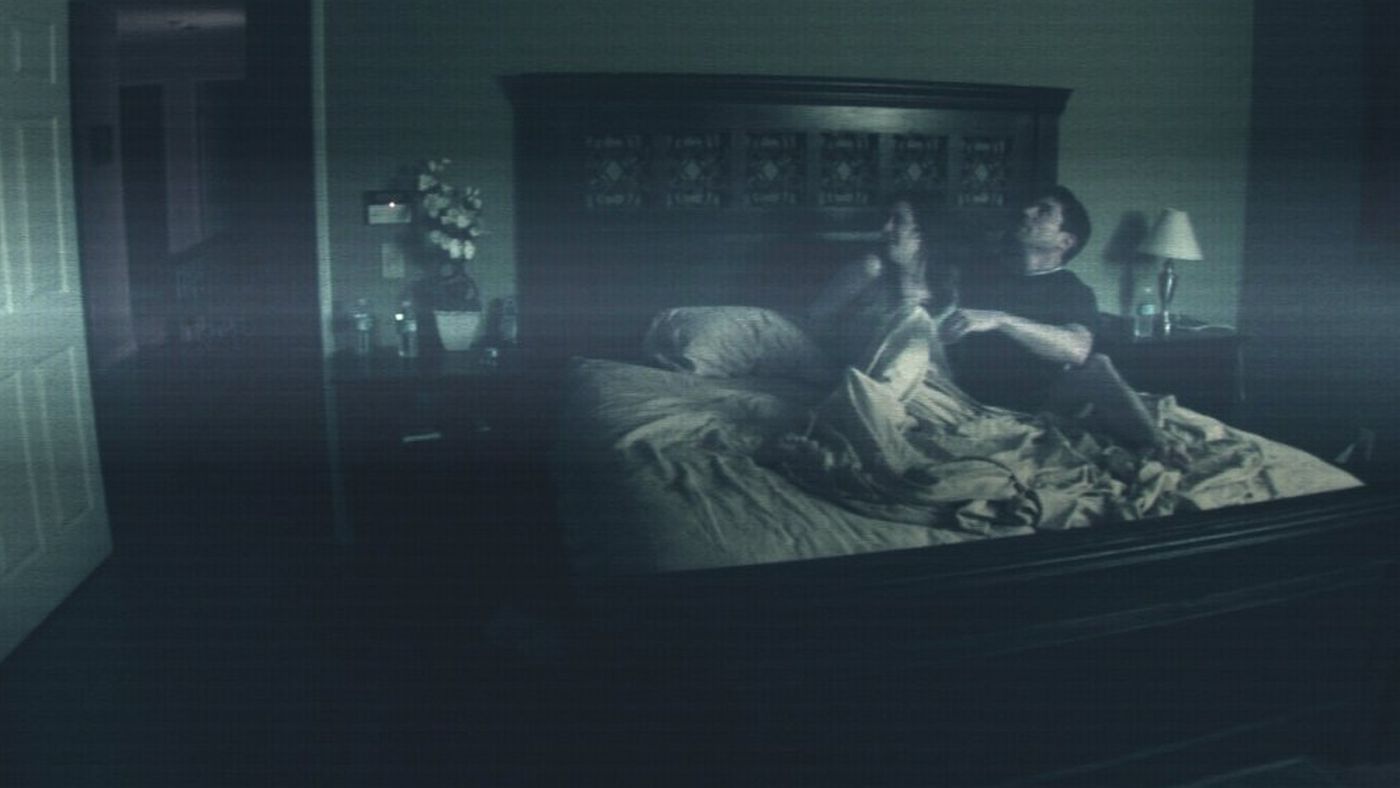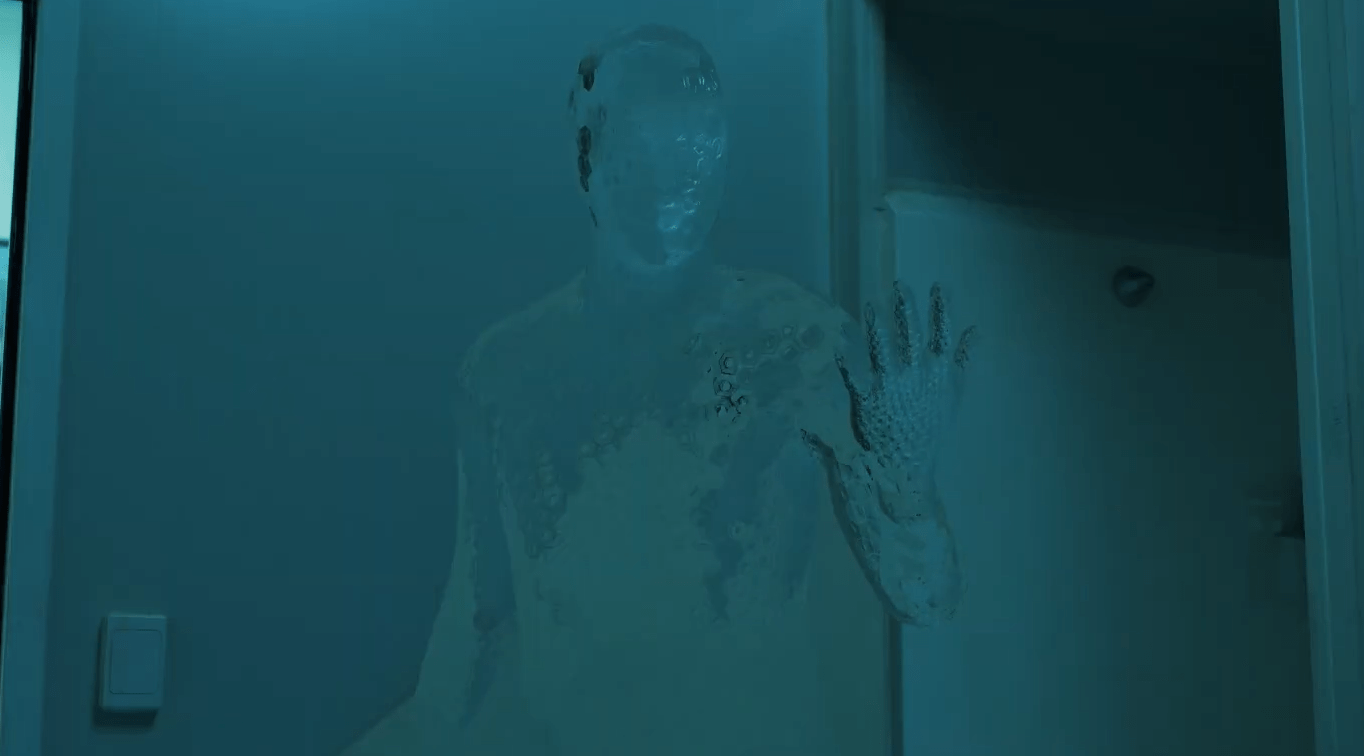1. Understand the Differences Between Studio and Independent Productions
Blum’s career began not in entertainment, but in real estate while living in Chicago. It wasn’t until he moved to New York and lived with a soon-to-be-famous film director, Noah Baumbach, that he began working for production companies and learned how movies are developed, made and distributed. “I did a bunch of different independent movies, none of which were very good, trying to figure out my place in the movie ecosystem,” Blum explains. “I was very frustrated with independent movie distribution, but I loved how independent movies got made. And I was frustrated with studio production, but I loved studio distribution. And then I was lucky enough to do Paranormal Activity and that combined those two things.” Paranormal Activity became a worldwide phenomenon and ended up setting the precedent for the Blumhouse business model for feature films: low-budget, independent films that are typically released by major studios.
Producers in film and television need to understand the fundamental models of production, and that starts with learning the difference between producing for a studio and producing an independent film. “They’re totally different,” Blum says. “In the studio business, the movies are much, much more expensive. And so there are many, many more people involved in the decision making and for me, that’s much less interesting.”
On the other hand, “Studios have much less control in the independent world.” In Blumhouse’s case, the director does not get paid up front but rather on the back end, after the movie has been released and makes money at the box office. However, unlike in a typical studio setting, “The director kind of has final say over most things on our movies. We give the director final cut,” he says, referring to the final decisions made on a film before its release. “Ultimately, I feel like you can’t have someone to work for free and then tell them to do things they don’t want to do when they’re betting on themselves. You’ve got to let them bet on themselves.”
The freedom directors have to make decisions regarding the film is much more limited when huge budgets and large teams of people are involved in the funding of the film. “Studios don’t work like that. A studio pays a lot of money up front. You got your paycheck, now you gotta listen to ‘the man.’ It’s very different. And if you’re working in movies that require enormous budgets, there’s not really any way around working for a studio. One of the reasons I love horror movies is they don’t require big budgets, so you don’t have to work in that environment.”
However, Blum asserts that the process of production is not the same as the process for distribution. When it comes to releasing a movie out into the world and helping it find its audience, the tried-and-true studio system still works extremely well. “It’s exactly the opposite,” Blum explains. “[Independent] distribution is broken down and terrible. With studio distribution, you just can’t compete with it. Being a producer on the other end of an independently distributed movie is extraordinarily frustrating, and being a producer on the other end of a studio distributed movie is extraordinarily gratifying.” Understanding the process of production and distribution in both the independent and studio systems is what led Blum to creating a unique hybrid model for Blumhouse.

2. Know Your Own Producing Style
Blum shares a mis-step that he often notices among emerging filmmakers. “ I would go to Sundance, Cannes and Toronto and we would buy these movies, we would make stars out of directors and more often than not, the directors would have this big success and immediately say, ‘Okay, I did my comedy, now I’m going to do my drama’ or ‘now I’m going to do this, now I’m going to do that.’ And I took away one very important lesson, which is that if you have a success, this business is so tough and so ephemeral and so hard to get your arms around, if you have success in one thing, stick with it,” Blum says.
The horror genre in particular is a good fit for Blumhouse and for Blum’s individual style as a producer. Once Paranormal Activity became such a massive success, many people in the industry told Blum to move on from low-budget films to big-budget action movies – advice that he quickly disregarded. “The industry said ‘You should make more expensive movies, you should make World War Z. That’s what the business says to you, if you have a low budget success, you should do bigger budgets. Luckily, I was old enough when it happened, I’d seen that go wrong so many times. I did really great with a low budget horror movie, so I’m going to make more low budget horror movies. After Insidious and The Purge and Sinister, I grew to appreciate what you can do with horror and now I love what you can do with horror. ”
Built upon this unique business model, Blumhouse has since produced over 150 movies and TV shows. Though it has certainly been rewarding, keeping track of so many projects as a producer can be a challenge, to say the least. Fortunately, Blum doesn’t mind the constant juggle. “I love the chaos of it,” he says. “I’m very comfortable delegating so we do an enormous amount of movies, but we have a hundred people at the company. So there are a lot of people doing these things. That’s what I wanted.”
However, he emphasizes that thriving in a chaotic environment isn’t the only way to be a Hollywood producer. “I know producers who are equally successful who have two people at their company. So the overhead is way, way down. They’re able to keep much more of the money that comes in and they can do one or two movies and be almost in the same ballpark of success that we are. And there’s merit to both ways. It’s totally personal and it depends where you feel good. But if you like that feeling of your head exploding, keep doing what you’re doing. If it’s driving you nuts, pare down what you have and focus more on the individual projects you have,” Blum advises. “Neither one of those ways is better than the other way; you just have to know what kind of personality you have and what’s right for you.”
3. Say Yes and Always Focus on Story
Blum’s main advice to producers early in their careers is to keep saying “yes” to new projects and always keep the momentum going. “I got advice once from an old friend of mine, which I’ll never forget. I was just starting out on my own producing career. He said, ‘movies beget movies,’ and I think there’s nothing truer than that. So when you’re starting out as a producer, the most important thing to do is to gravitate towards a handful [of projects].” He feels that somewhere between five and eight projects creates the right balance for an emerging producer. He adds, “It’s important that you love them, but it’s equally or more important that you think by hook or by crook, you can get them made. Luckily, now almost everything we do I have the good fortune to really be in love with. But I didn’t start out that way.”
So how does he select which projects to take on? “I look for three things in a movie: Is it scary, do I like it and have I seen it before?” Blum says. Particularly when you’re just starting out in a creative career, Blum encourages emerging writers not to overlook the obvious: what’s important to you? “The most important thing to do is to write something that’s personal. When you’re young, especially, write something personal to you, and that you are passionate about,” he explains. “But I would say, in the same breath, tuck that into a scary story of something that frightened you and push that into a genre movie and away from a drama, and you’ll have a better chance of getting it made and and you’ll have a better chance of reaching an audience.”
Developing new stories, particularly horror stories, always comes back to a key question for Blum: “What keeps you up at night? Roger Ailes kept me up at night. So The Loudest Voice was a perfect Blumhouse TV show,” he says, referring to the 2019 TV mini-series about the creation of Fox News.
The way to compete with studio movies on a budget is not to compete. Don't try and do what they're doing
Jason Blum Tweet
4. Keep the Budget Low
Low budgets have been the key to developing original stories that keep audiences flocking to theaters for the latest Blumhouse films. Blum explains exactly how the company is able to make so many films and TV series with so little money: “No one gets paid up front, so if you’re an A-list actor or you’ve never done it before, you get no money up front. Now, if you’re an A-list actor, you get a huge piece of the product. We don’t pay ourselves up front. We take no fee. We take no financing from the bank. There’s no bond. All the money that we spend goes to the movie, not to like garbage that budgets get loaded up in, which is not the movie.”
Additionally, the movies tend to have limited speaking parts, locations, stunts or special effects. “When I talk to a director, I say, ‘You get to pick one. If you want 12 speaking parts, you better be in two locations,’” Blum says. Writers should absolutely keep budget in mind when crafting a script. “That’s part of working within the confines of an art form that’s capital intensive. You can write a book about flying to the moon and back. You can paint a painting about going to the moon and back. You can. You can’t make a movie about that, unless you’re Ron Howard. When you’re writing and looking to do your movies independently, you must think about budget.”
However, the great thing about writing in the horror genre is the flexibility to create scary stories and fantastical worlds that may not require expensive sets or large amounts of visual effects. For example, Blumhouse released The Invisible Man in 2020, a film which had its villain exist mainly in a blank frame. “The key, I think, is not trying to cheat it,” he advises. “ If you’re trying to do things that are in more expensive movies cheaply, you’re going to fail, because the money is going to make those things look better, no matter how great your stunt coordinator is or the actor or the idea. You’re going to do it in a new way… If there’s a monster in your movie, don’t show it, because the monster in A Quiet Place or the studio movie is going to be a million times better than the monster in your movie. So the way to compete with studio movies on a budget is not to compete. Don’t try and do what they’re doing.”

5. Don’t Talk About it, Do It
Blum asserts that the best advice he could give to anyone in the industry is: “Don’t talk about stuff. Do it.” He adds, “Don’t be precious, don’t do everything you can to get this 10 page short just exactly perfect. Don’t worry. Shoot it, and then you could shoot it again and then shoot something else. And don’t worry about the tech, don’t worry that it has to look great. The more you are actually making movies, if that’s what you want to do, whether you’re a producer or writer or director or an actor, the better you’re going to get at it and the more sense you’re going to have of what part of the movie making process you like and what part of it you hate.”
Getting creative and pushing the envelope isn’t easy in this unpredictable business, but Blum remains hopeful. “Some young person is going to come along and say ‘This has never been done and when they do it, the establishment is going to reject it. I guarantee you. That’s what happens when something is new and different. It gets rejected. Get Out was rejected by everyone. Paranormal Activity was rejected by everyone. You get rejected because people look at it and say ‘That’s not gonna work. You can’t do that.’”
Blum is certainly familiar with rejection, and even after 20 years in the film business, it’s still hard to cope with the disappointment the industry constantly brings. The key is to keep trying and keep pushing for the stories you believe in and let go of the projects that aren’t meant to be.If Blum were to start a new production company with the knowledge he has now, he says, “I would do a lot of things differently, but the one thing that I wouldn’t do differently, which was my strategy the first time around, is keep at it. Keep at it. Keep at it until you get something that connects,” says Blum. “When you have a hit movie, the key thing and the most complicated thing is to take that success and turn it into a company,” Blum says of starting his business.
The most important thing to remember, according to Blum, is that no operation is too small. In fact, the smaller the cost of running the business, the more opportunities you can create for yourself. Early in his career, he recalls, “The overhead of the company was zero. My company was me. I used to make a joke, I called it Underpants Productions. It was me sitting in my bedroom at my desk. That was my company, moving from my bed to my desk. And happily, it was before Zooms. You just keep it as low budget as possible and keep working and keep getting stuff made. The more things you get made, the more likely you are to run into something that works.”



